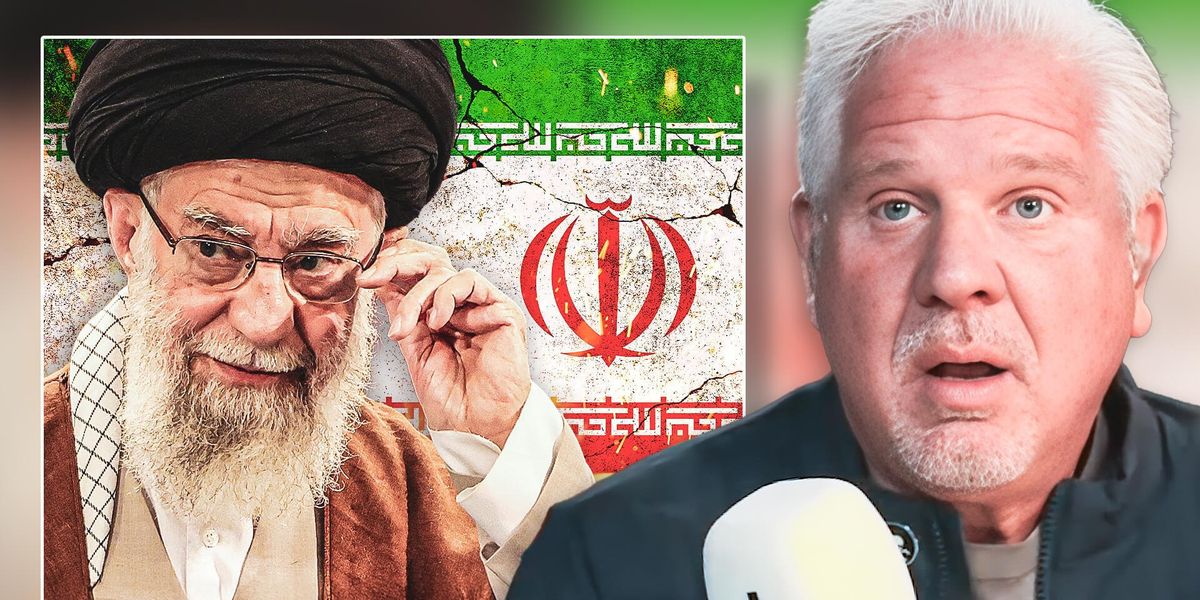

The prospect of U.S. military involvement in the escalating Israel-Iran conflict has created a bitter rift among the MAGA coalition. Interventionists are pushing for U.S. support of Israel’s strikes, arguing it’s in America’s best interest to prevent Iran from developing nuclear weapons, while isolationists oppose involvement, contending that America ought to focus on her long list of domestic issues.
While others in the conservative movement are making "bold declarations" of what to do in Iran, Glenn Beck is “not recommending anything” and is instead “asking questions.”
“A nuclear armed Iran is really bad, but I want Israel to take care of it. I don't want to be involved,” he says.
Someone else who is taking a similar nuanced approach is Sean Davis, CEO and co-founder of the Federalist. On a recent episode of “The Glenn Beck Program,” Glenn and Sean discussed the various paths Trump could take — none of which, they admit, are great.
“We don't want bad people” — especially “our enemies” — “to have weapons they could use to destroy us or our friends,” says Davis. “I think probably everyone agrees on that.” Unfortunately, we live in a world where having nuclear weapons is the only way regimes can prevent their overthrow. Davis points to Libyan leader Muammar Gaddafi, who voluntarily gave up his nuclear weapons program after the Iraq invasion, hoping to avoid trouble. However, the U.S., NATO, and allies, under leaders like Barack Obama and Hillary Clinton, then overthrew and killed him, setting a new precedent: If you want to stay in power, you need nuclear weapons.
With that event in mind, Davis says he “doesn’t have a good answer” for how to keep nuclear weapons out of Iran’s hands. Even if America or Israel bomb Iran’s Fordow Fuel Enrichment Plant, it would only temporarily get rid of the “mechanism for ... enriching uranium.” “What that doesn't get rid of is the incentive” to make nuclear weapons, says Davis, noting that “in four or five years,” we’ll likely be forced to “deal with that” again.
Some are suggesting a third option — regime change, which in theory would be democratic in nature and led by the Iranian people and their organized resistance to overthrow Iran’s current theocratic leadership.
Davis, however, “[doesn’t] think regime change is a great idea.” “We’ve seen how well that works; it turns into an unmitigated disaster,” he says, comparing the idea to opening “Pandora’s box of insanity.” For now, all he has is a question: “What is the best possible way to incentivize people we don't like and don't like us to not have [nuclear] weapons?”
Coaxing Iran to lay down its nuclear weapon aspirations with “economic incentives” is likely not going to solve the problem, either. Iran is “sitting on oil, which is probably the most precious and important natural resource on earth. I don't think [bribery] works,” says Davis.
“What we’re left with is probably the whack-a-mole that’s been going on for years,” he says, “and the nation that's probably best suited to deal with that” is the one “at risk,” which is Israel, given Iran doesn’t have “the ballistic missile capability" to pose a real threat to the U.S.
“So I think the least worst option is probably Israel doing what it does every five to 10 years and going and trying to degrade their ability to mechanically make this stuff, wait to see what happens, [and] do it again over and over and over,” he tells Glenn.
While Glenn is with Davis “100%” on this option, he brings up a good point: The United States is the only country with a “bunker buster” that could wipe out Iran’s Fordow plant, which is buried deep under a mountain. That bomb “has to be dropped from one of our planes,” though, which would automatically make us “part of the war.” He floats the idea of perhaps “selling” the bomb to Israel and making it be the one to drop it, but that would still involve the U.S. indirectly.
In either case, there’s also the reality that we don’t know how Iran will respond if either the U.S. or Israel bombs it. Iran might “take [it] on the chin” to avoid further conflict, or it might “unleash hell.”
“Whenever you go and punch someone in the face, you now have to deal with the consequences of how they're going to respond,” says Davis.
Glenn shares Davis’ sentiments on there being no truly good options. He recalls a Ronald Reagan social security saying that applies to “everything” these days: “There's going to come a time where we've made so many mistakes there won't be a good solution to anything; every choice will be a bad choice.”
“And I think we're here,” says Glenn.
To hear more of the conversation, watch the clip above.
Want more from Glenn Beck?
To enjoy more of Glenn’s masterful storytelling, thought-provoking analysis, and uncanny ability to make sense of the chaos, subscribe to BlazeTV — the largest multi-platform network of voices who love America, defend the Constitution, and live the American dream.
.png)
 4 hours ago
7
4 hours ago
7

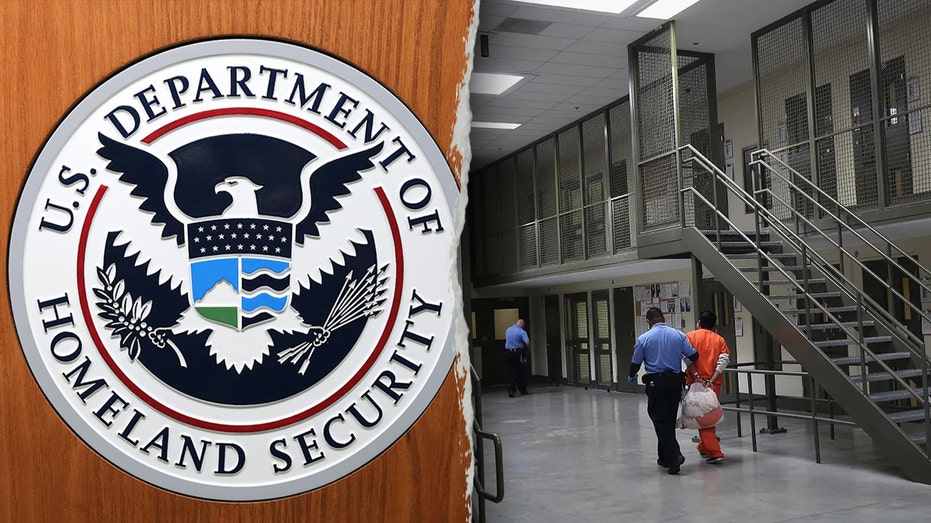
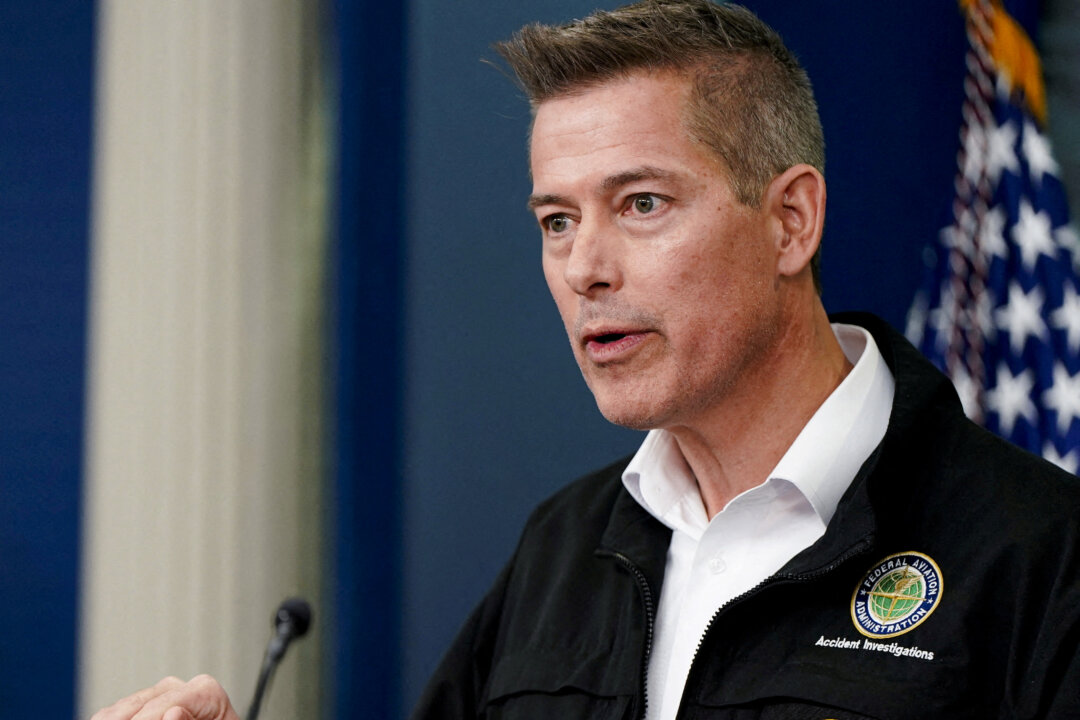

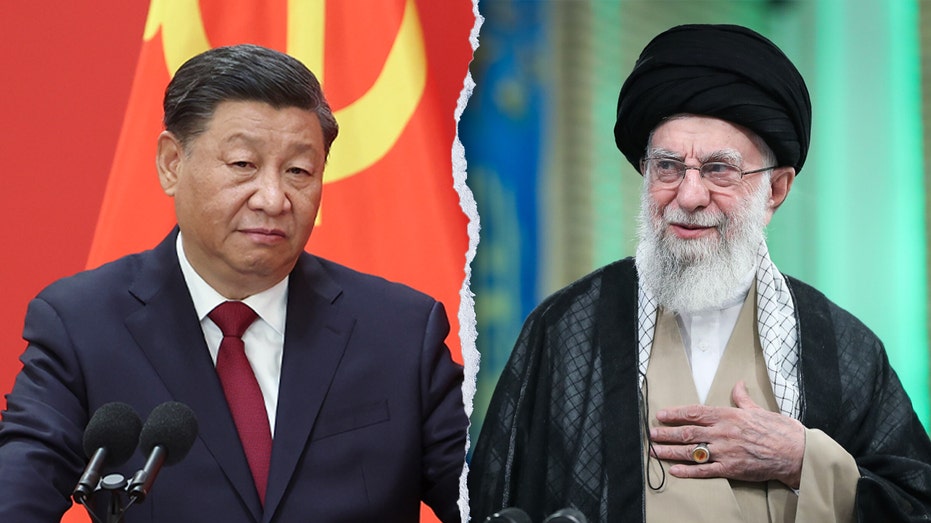
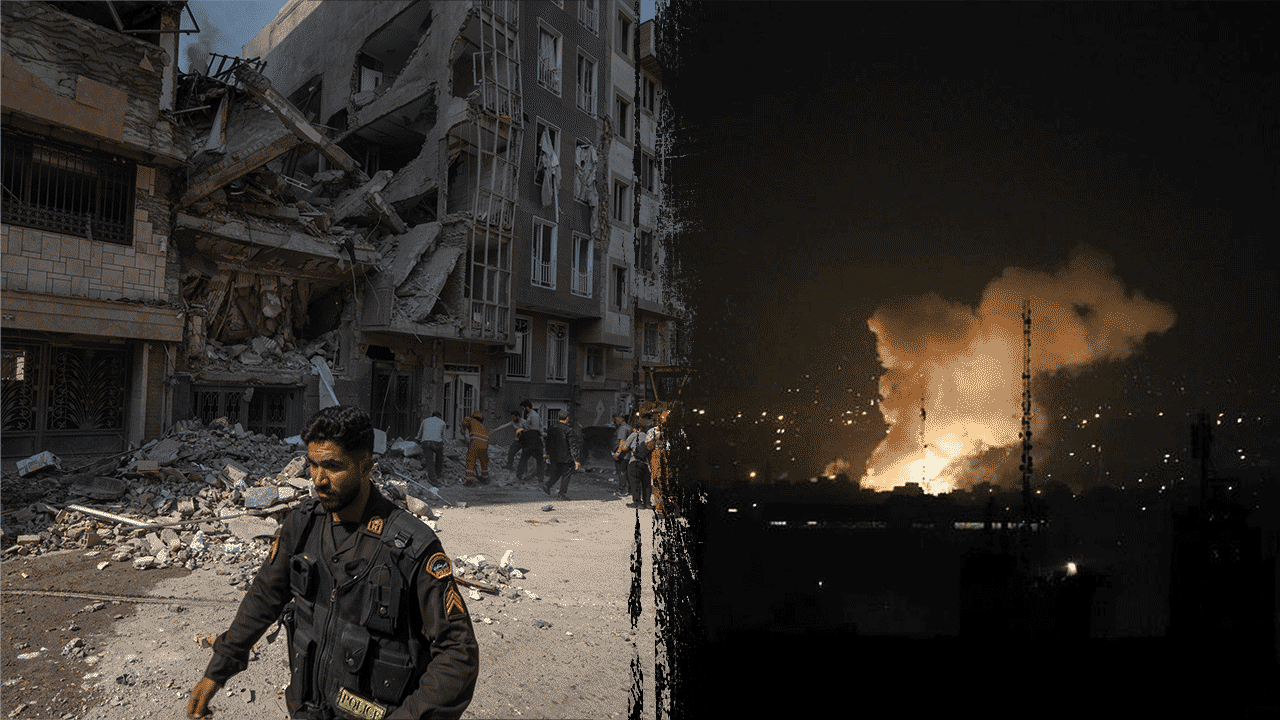



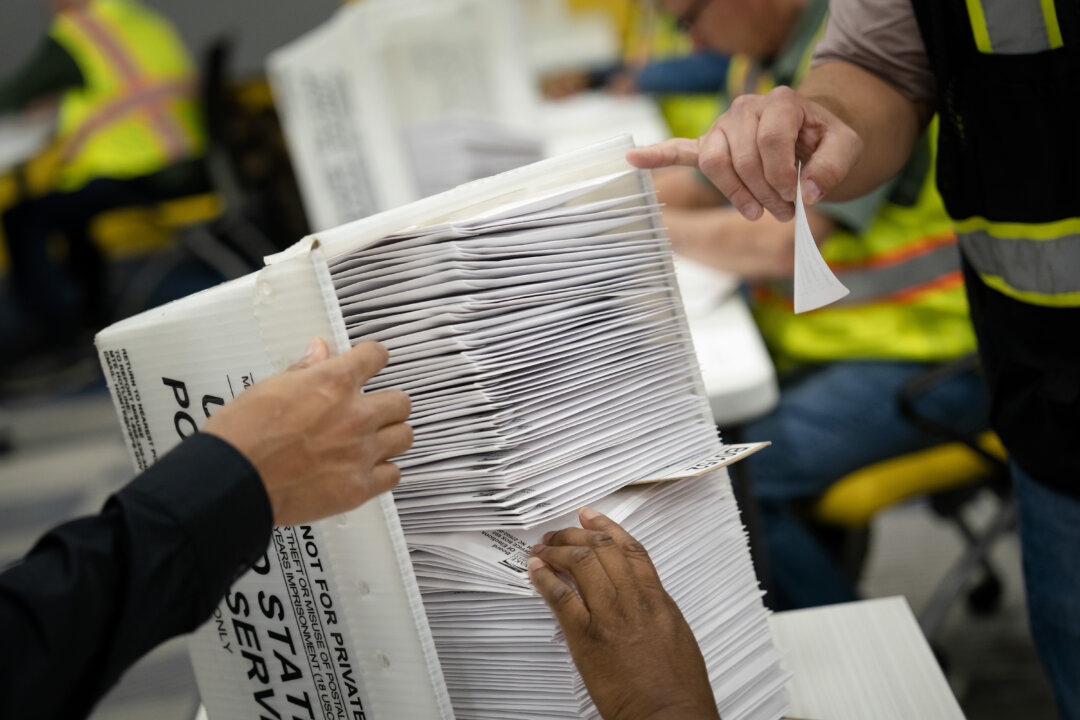





 English (US)
English (US)